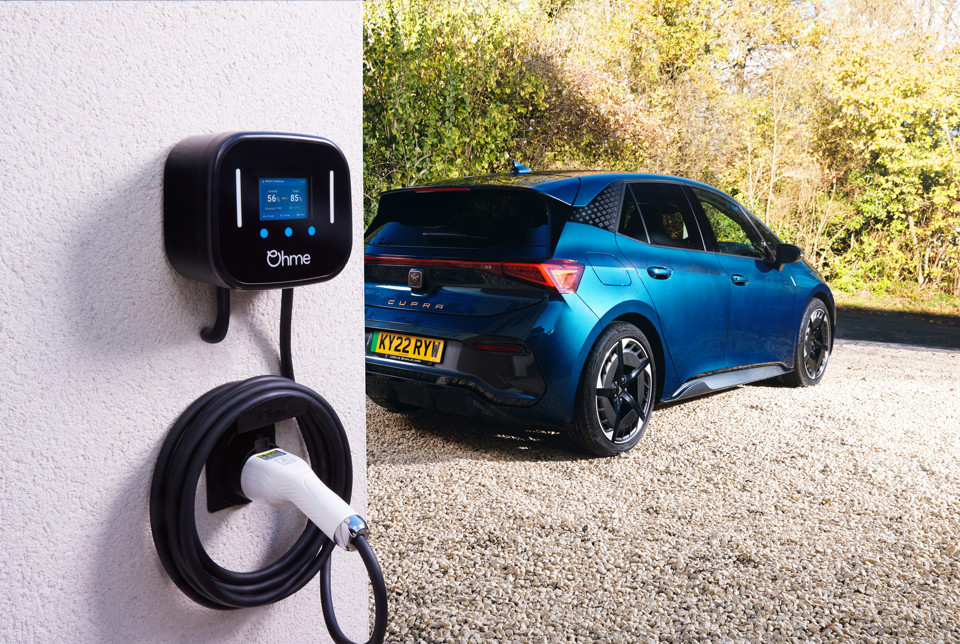Electric vehicle running costs have dropped by 15% to an average of 24p per KwH, the lowest level since 2021, according to new research.
It's positive news for dealers and creates an additional talking point at the point of sale, particularly for those talking with customers that have off-street parking.
Electricity prices on the public charging network, according to Allstar’s AllCosts report, have also dropped in line with domestic pricing, with the average cost now standing at 78p/kWh.
This is 4p less than Q1 2024 (82p/kWh) – the lowest recorded cost was 25p/kWh.
The AllCosts report from Allstar examines the real-life price of electric, petrol and diesel, and analyses how this has affected the cost of running vehicles for businesses.
Data for the report has been gathered over the spring and summer months of 2024, and is based on data extracted from millions of charges and fill-ups on the Allstar payment network.
It also found that internal combustion engine (ICE) drivers saved more than 20% when they filled-up in September compared to April 2024.
In spring, average petrol prices peaked at 149p per litre (ppl) with some forecourts charging up to 161p. By September, the average had dropped to 136p with 124p being the lowest.
Theoretically a vehicle with a 60-litre tank could have cost up to £97 to fill in April, but only £75 in September. Similarly, the cost of diesel has also fallen to an average of 150.85p per litre.
Ashley Tate, managing director of Allstar Chargepass UK, said: “The transition to electric vehicles continues, and while it may have faced some headwinds this year, the industry is hard at work investing in infrastructure, with more than 59,000 charge points now on the Allstar network and ChargeUK claiming a new connector goes online every 25 minutes.
“In the coming year we will also see a focus on reducing emissions for those existing vehicles that are petrol or diesel, in order to ensure operations are as sustainable as possible amid their transition process. This will include measures to drive more efficiently, buy fuel more effectively, plan better routes and streamline operations.”
Paul Holland, managing director for UK/ANZ fleet at Corpay, including UK brand, Allstar, added: “This year has seen mixed messages when it comes to running costs and decarbonisation.
“With our analysis showing that both electricity and fuel prices are trending downwards, businesses running cars and vans are no doubt welcoming the breathing space financially.
“As we approach the close of the year, we have seen various geopolitical events both locally and internationally that will continue to cast their shadow.
“This does mean that it will be harder to predict the prices that businesses and individuals will pay to refuel or recharge, and more than ever it’s important to plan ahead and make savings wherever possible.”
The average pay-as-you-go price to charge an electric vehicle (EV) on the public charging network in October 2024, according to Zapmap, was 56p per kWh on slow/fast chargers and 80p/kWh for rapid/ultra-rapid chargers.
Drivers with off-road parking enabling them to charge their EV at home can pay as little as 7.5p/kWh and avoid having to pay VAT at 20%.
















Login to comment
Comments
No comments have been made yet.